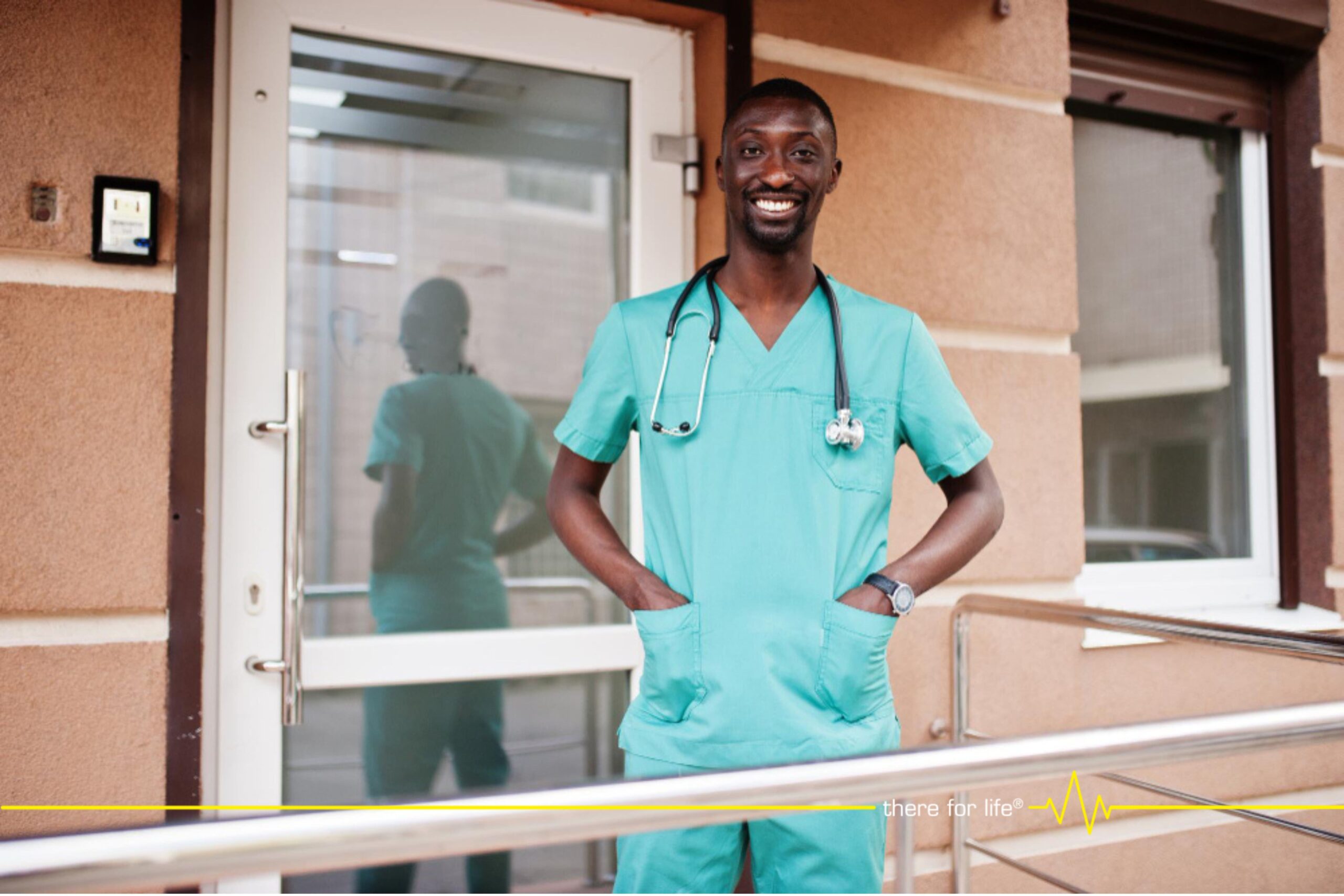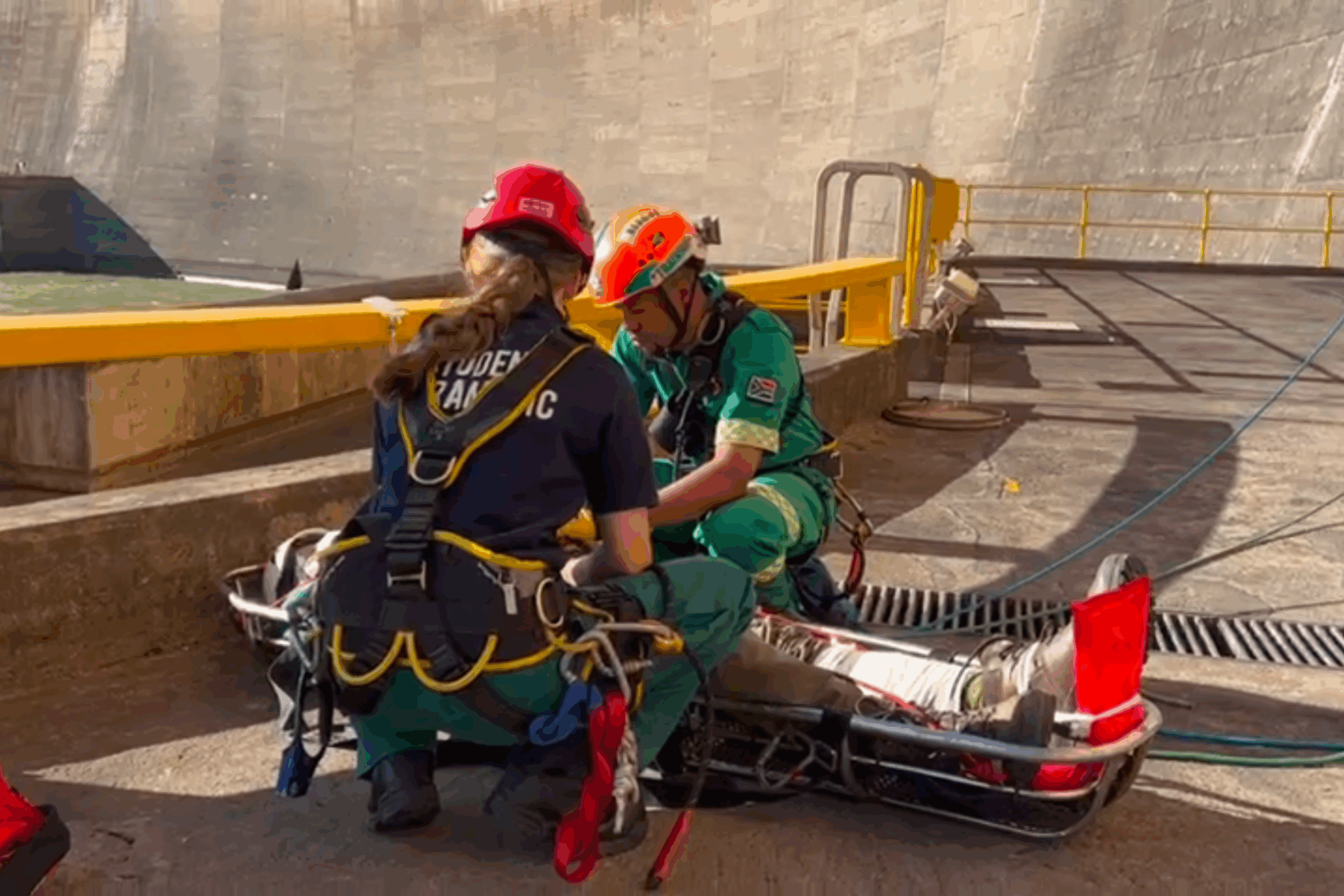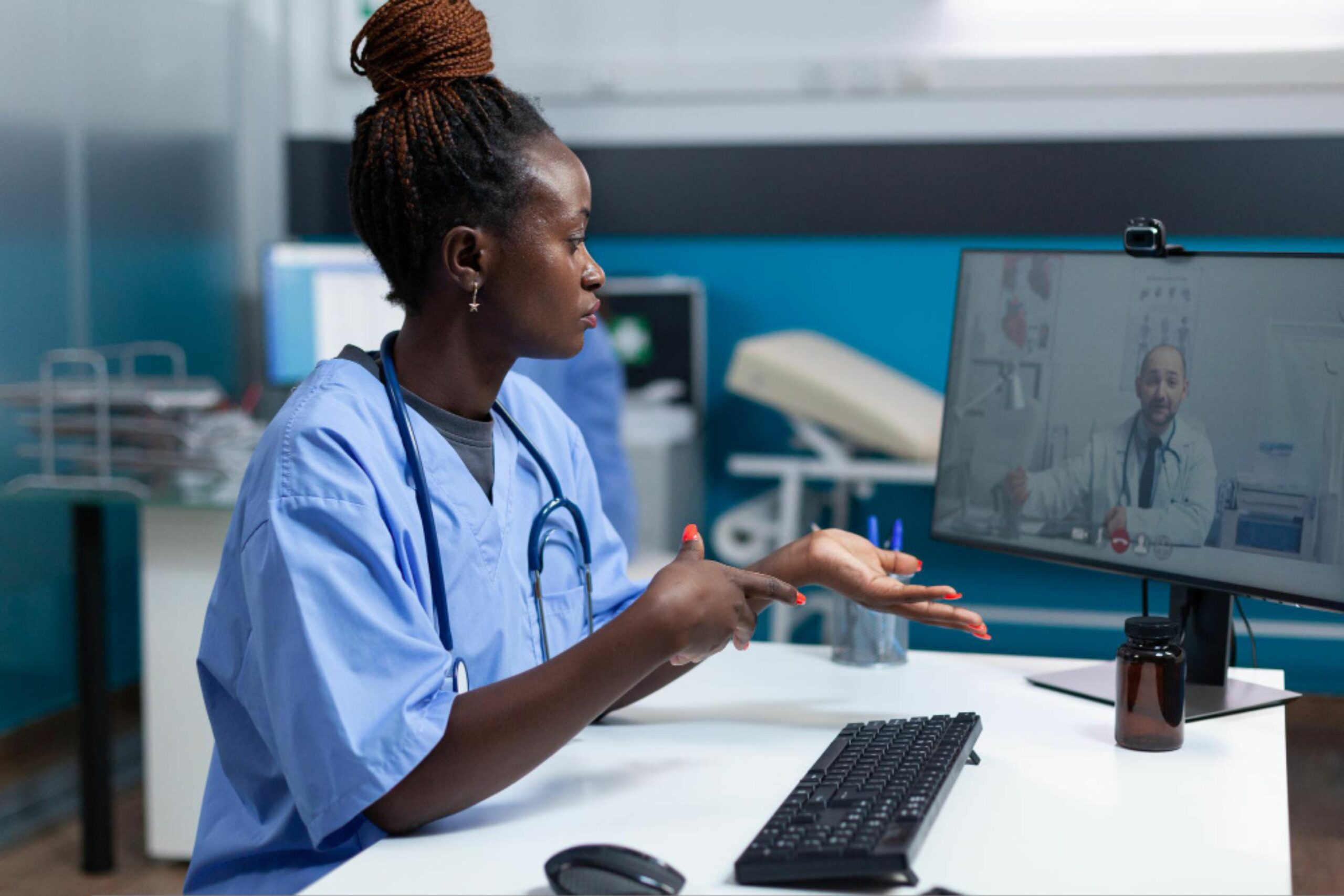Experienced and trained search and rescue operators play a crucial role in remote project sites in Africa, especially within the context of medical services. These operators bring a specialised skill set for responding effectively to emergencies in challenging and often isolated environments. Remote project sites may lack immediate access to advanced medical facilities, and the presence of trained search and rescue personnel ensures a prompt and well-coordinated response to incidents such as accidents, injuries, or medical emergencies. Due to this unique need within the industry, ATA International has partnered with Rescue South Africa to provide quality rescue services and training focused on ensuring remote project sites are equipped to handle any rescue-related situation and meet their goal of zero harm to employees on site.
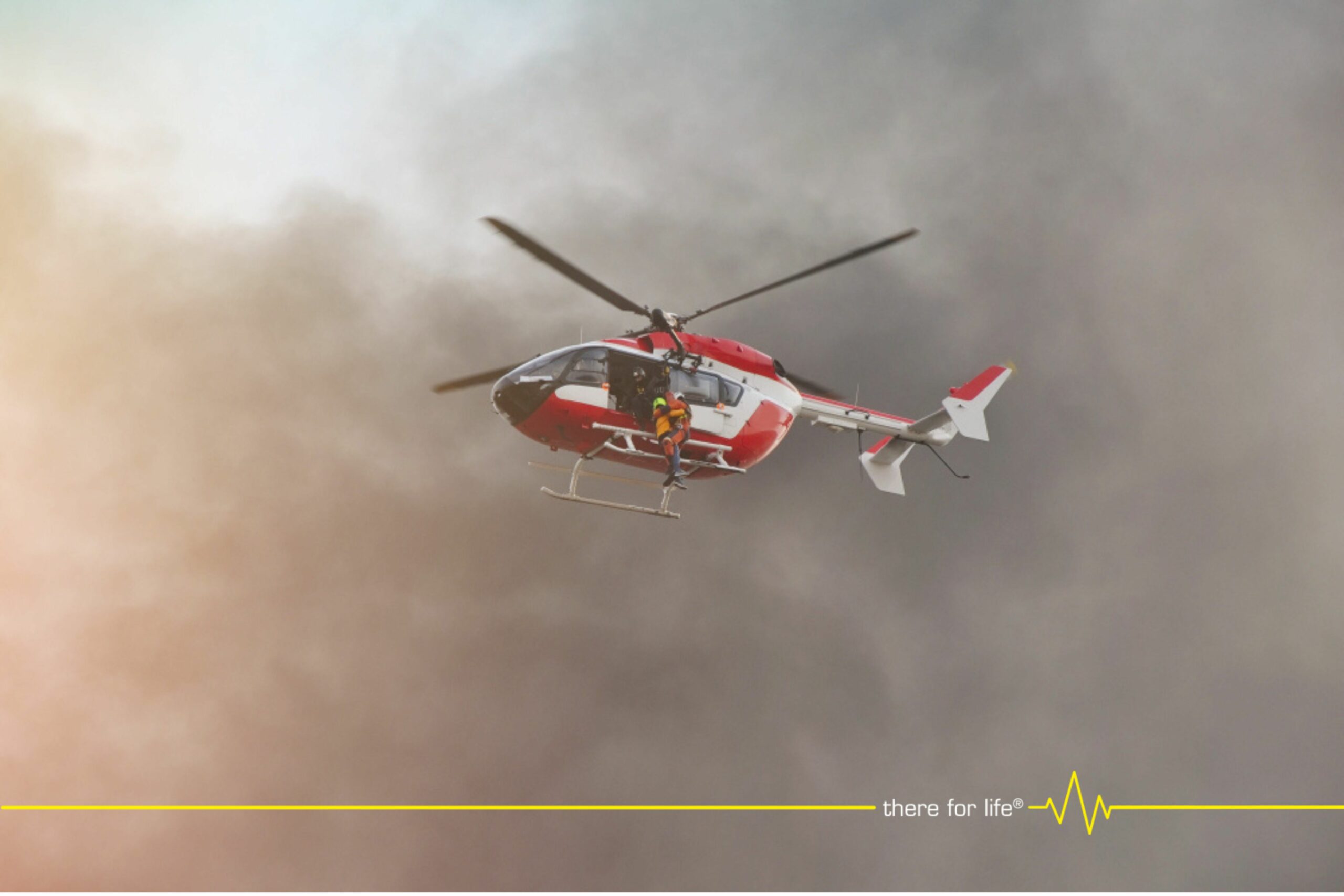
ATA International Overview
ATA International Holdings, known as ATA International, is a leading provider of fully integrated Health Management Systems and medical services for remote African project sites. Their services include medical staffing, medical equipment procurement and exportation, the setup of remote clinics, procurement of emergency vehicles, accredited medical and rescue training, aeromedical evacuation, Occupational health and Healthcare risk management consulting and more. With project experience across 36 African countries, ATA has the experience and medical expertise necessary to ensure that organisations can meet their duty of care obligations and that there is zero harm to employees.
Search and rescue operations and training have become essential for several ATA International clients, which is why the business has partnered with Rescue South Africa, an expert in rescue training. Through this partnership, ATA International and Rescue South Africa can provide unique rescue-focused services, including various training courses to manage on-site rescue situations effectively. We unpack more of these services below:
Rescue SA Overview
Rescue South Africa offers various accredited and certified rescue training services covering all search and rescue operations. These courses ensure rescue personnel have the training to manage search and rescue situations.
Rescue SA offers the University of Johannesburg accredited Advanced Rescue Practitioner Training and several bespoke training courses, including Breathing Apparatus, Breathing Apparatus Escape Courses, Heavy Lifting and Basic Fire Fighting to various Fire Departments, Emergency Services personnel and corporates in South Africa. Rescue SA’s Services and Training Programs include the following:
- High Angle One – This course provides the fundamental rope rescue knowledge, skills, and insight needed to access areas safely and efficiently using single-person rope work skills, lower equipment, and rig basic systems. This includes modules on high-angle rescue definitions and legislation, high-angle rescue equipment, patient-based rescue approaches, anchors and more.
- High Angle Two Rescue – This course will provide the necessary insight, theoretical knowledge and technical skills to be an independent rope rescue technician. This includes modules on specialised high-angle rescue equipment, pick-offs, patient management, packaging and stretcher rigging, advanced anchoring systems, principles of mechanical advantage and more.
- Fire Search & Rescue – This course focuses on the activities surrounding searching for and rescuing victims and potential victims of a fire incident. The job of the fire rescue technician is not primarily to put out the fire. However, with this training, you would be a valuable source of assistance for the professional firefighter. This includes modules on fire behaviour and the fire tetrahedron, compartment fire behaviour, actions to take in an emergency, classes of fire, and more.
- Motor Vehicle Rescue – This course aims to provide the fundamental knowledge, skills and insight needed to conduct a vehicle rescue and subsequent extrication of an ill or injured patient. It includes modules on motor vehicle construction, new car technology, active and passive safety systems, a patient-based rescue approach, the nine stages of rescue evolution, and more.
- Confined Space Rescue – This course aims to enable you to safely and effectively rescue a person from a confined space without becoming a victim yourself. It includes modules on confined space definitions and legislation, confined space hazard assessment and management, confined space documentation, a patient-based rescue approach, and more.
- Hazardous Materials Rescue – This course introduces you to the knowledge and skills needed to deal with a hazardous material incident. This includes modules on an introduction to hazmat rescue, properties of hazardous materials, personal protective equipment, recognition of hazardous materials and more.
- Aquatic Rescue – This course aims to provide the learner with the skills to rescue a victim from a swift water environment independently or with a team. This includes modules on the anatomy of a river and its associated hazards, swift water rescue equipment, the sequential approach to swift water rescue and forming an action plan, rescue swimming, boat-based rescues and more.
- Trench Rescue – This course introduces you to the fundamental concepts of trench rescue while providing the knowledge, skills, and insight needed to manage a trench rescue incident effectively. It includes modules on trench structure, collapse causes, trench rescue safety, trench rescue systems, and trench stabilisation, among other topics.
- Structural Collapse Rescue – After being assessed as competent, the candidate can operate as an integral part of a team that undertakes rescue operations in collapsed structures. This course includes modules on safety in the collapse environment, basic building construction types, the sequence of structural collapse rescue, building shoring systems and more.
- Wilderness Search & Rescue – This course aims to provide you with the necessary knowledge, skills, and insight to coordinate and participate safely and effectively in a wilderness search and rescue operation. It includes modules on an introduction to wilderness search and rescue, navigation and camp craft, practical navigation, and more.
- Aviation Rescue – This course will provide the knowledge, skills and insight needed to function and work with aircraft in the rescue environment. It includes modules on an introduction to aviation rescue, fixed-wing aircraft, rotor-wing aircraft, land and water rescue, and more.
- Industrial & Agricultural Rescue – After being assessed as competent, candidates can safely administer agricultural or industrial rescues and operate as an integral part of a team undertaking rescue operations in these environments. Modules in this course include persons trapped in machinery, escalator incidents, lift and lift shaft incidents, incidents involving electrical hazards, and more.
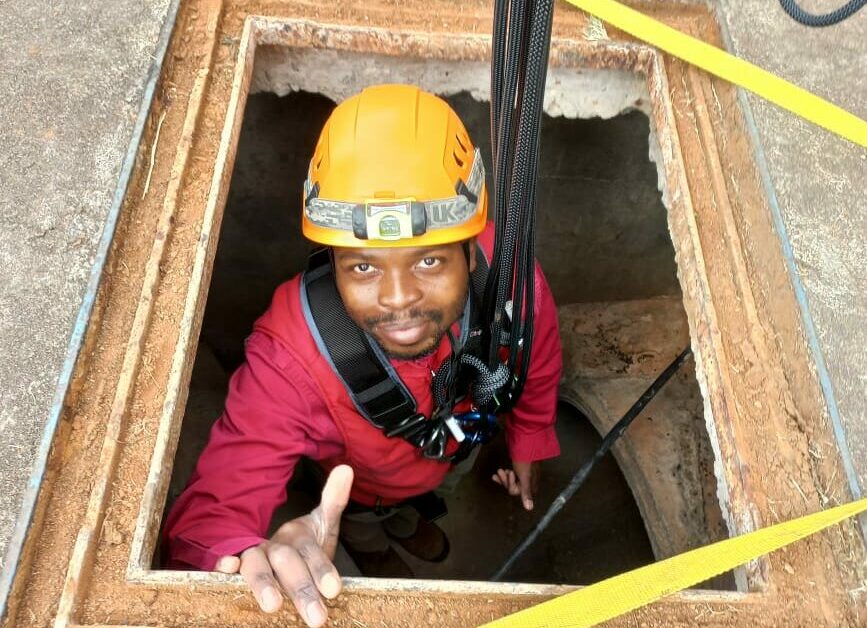
Why should Rescue Services Be Included in Healthcare Management solutions for remote project sites?
In the remote areas, these projects are often situated in, the terrain can be rugged, and access to medical facilities may be limited. Search and rescue operators possess the expertise to navigate difficult terrains, handle emergencies, and provide timely assistance to distressed individuals. Their training equips them with essential rescue skills required to access patients involved in accidents on-site and stabilise them until they can be transported to more advanced medical facilities. The experience of these trained rescue personnel allows them to adapt to the unique challenges posed by the local environment, climate, and cultural factors.
As part of the medical services and healthcare management solution, a dedicated search and rescue team enhances the overall preparedness and risk management on remote project sites. These professionals are trained to assess risks, implement measures, and conduct proactive measures to prevent emergencies whenever possible. This proactive approach contributes to the well-being of project personnel and mitigates potential adverse impacts on the project timeline and outcomes.
Conclusion
Including experienced and trained search and rescue operators as part of medical services on remote project sites in Africa is essential for ensuring the health and well-being of individuals working in these challenging environments. Their specialised skills, adaptability, and proactive approach contribute significantly to the overall effectiveness of emergency response and risk management in such remote locations. This is all made possible with the proper training, which is why ATA International and Rescue South Africa decided to partner. This partnership aims to enhance the overall health and well-being of all employees on the ground and will ensure that emergencies are handled with precision and care.
